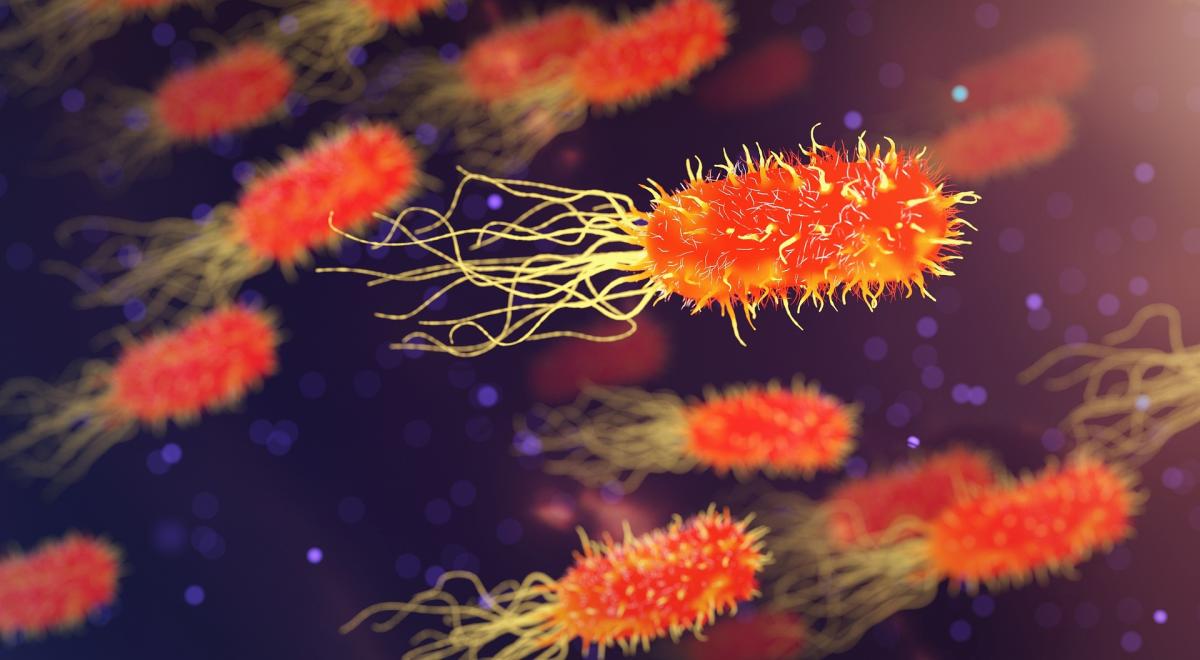This lesson is lesson 3 of 4 so it is designed to be used in conjunction with the two previous lessons. The students will continue using their newly acquired drone flying skills with both DroneBlocks
This lesson has students watching a baby plant and seeing what it will grow into. Students are able to compare the seedling with an adult plant, and determine how the plant cycles from seed to adult
Students will use solar panels to transfer solar energy to a fountain. Students will be able to explore and demonstrate the functioning of a solar energy fountain.
Students will use solar panels to convert solar energy into electricity. This solar energy is transmitted through cables to the motor and then to the fountain. The fountain pressure increases and
Students will compare two non-fiction texts about the Mars Rover, Opportunity. They will then use their knowledge of Computer Science and coding to develop a code instructing a robot to traverse an
Transportation 2043 - In 20 years time, how will you move within a city, how will you transport between major urban areas? Will you use High Speed Rail, a Hyperloop, Driverless Vehicles, eVTOLs
In this lesson plan the students learn to design, construct and determine weight loads capabilities for their project.
Introduction to VR, AR, and MR technologies that could change the way we work, teach, entertain, vacation, and socially interact. This lesson starts bringing students up to speed on the current state
This lesson plan focuses on the use of several materials to create a rocket and a launcher. Remodel the rocket as needed to validate Newton’s third law of motion and projectile motion.
This STEM lesson combines Math, Science and a bit of Engineering. Students will walk through the process of raising chicks to hens. Using pretend chicks and research to collect data about how they
This lesson is about basic school/home gardening. The lesson involves Science, Math, Technology and Engineering content. Students will be taught how to make basic gardens. They will need seeds, garden
Simple Machine: Pulley, helping Rapunzel escape the tower
Using pumpkins, design and create Cinderella's carriage. This lesson can demonstrate Potential Energy turning into Kinetic Energy
What if we could pass along information that can’t be stolen or intercepted? We can do it with a little coding, and some chemistry! Soon we will be writing in code, passing secret information along
Students will be learning about adaptation. Students will participate in a project where they will see if seeds can grow in a bag without soil and natural sunlight. They will also compare and contrast
Within eight 60 minutes class periods Design a native, pollinator friendly garden with the help of a local gardener/master gardener. Students work together to create a classroom garden, monitor plant
Students will investigate the difference between amplitude and frequency to see which one transfers more energy. Students will collect data, graph their data, and complete a written conclusion.
This lesson, adapted from NOAA, focuses on tides. Students pretend to be a ship captain delivering materials to a construction company. However, their ship must go under a bridge. Students must find
Students will study car barrier engineering in this lesson. They will study how Newton’s Second Law of motion can be applied to determine how to decrease the force of impact during a collision. They
Students will discover: What will happen if animals are eliminated in ecosystems and food webs?
Students will participate in a hands-on scientific experiment that addresses the question: "Can you grow plants without seeds?" To further explore this concept, students will actively listen to a read
This a hands on activity that will have the students measure the frequency of a resonating glass bottle by using their cells phones. They will then combine with other groups to play a well known song
Engineers often create small-size models of a new product to test its design. This is especially true with airplanes. Model testing tells engineers how a design responds to different air conditions
Students will read the novel, "The Lion of Mars", design & launch paper rockets, and then design a sustainable Mars Colony inspired by the novel. This hands-on lesson is scheduled to take around 15
Featured Lesson Plans
Check out these notable lesson plans.

Planarian Regeneration

A Very Hungry Robot: Lesson 2

Students will gain knowledge about Arizona's geography, culture, and history through the book "Santa is Coming to Arizona." Students will develop basic programming and problem-solving skills by
